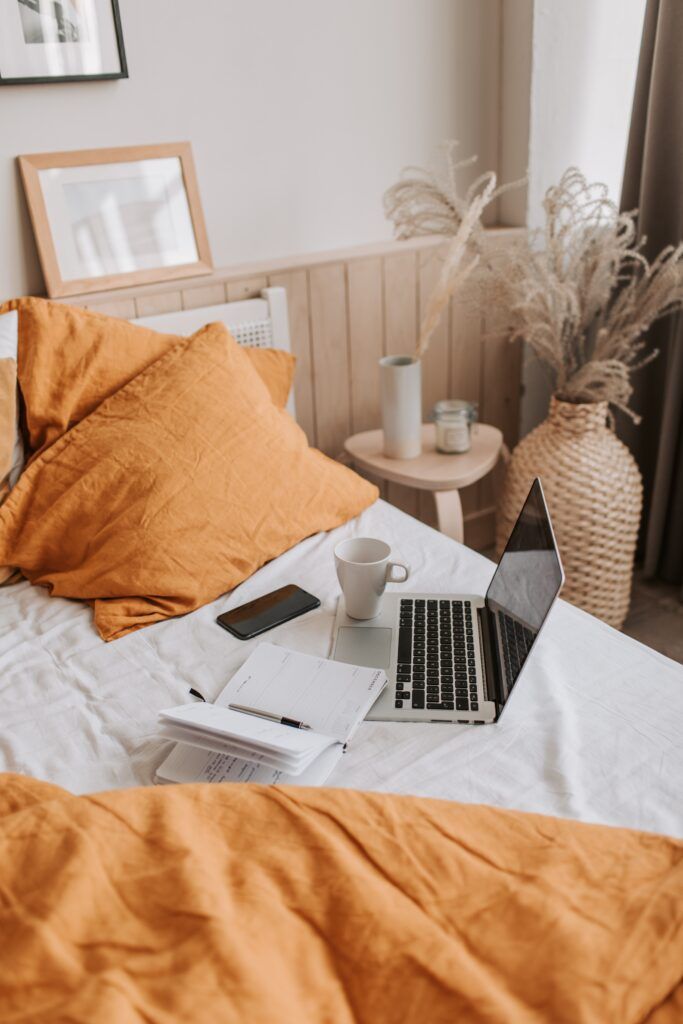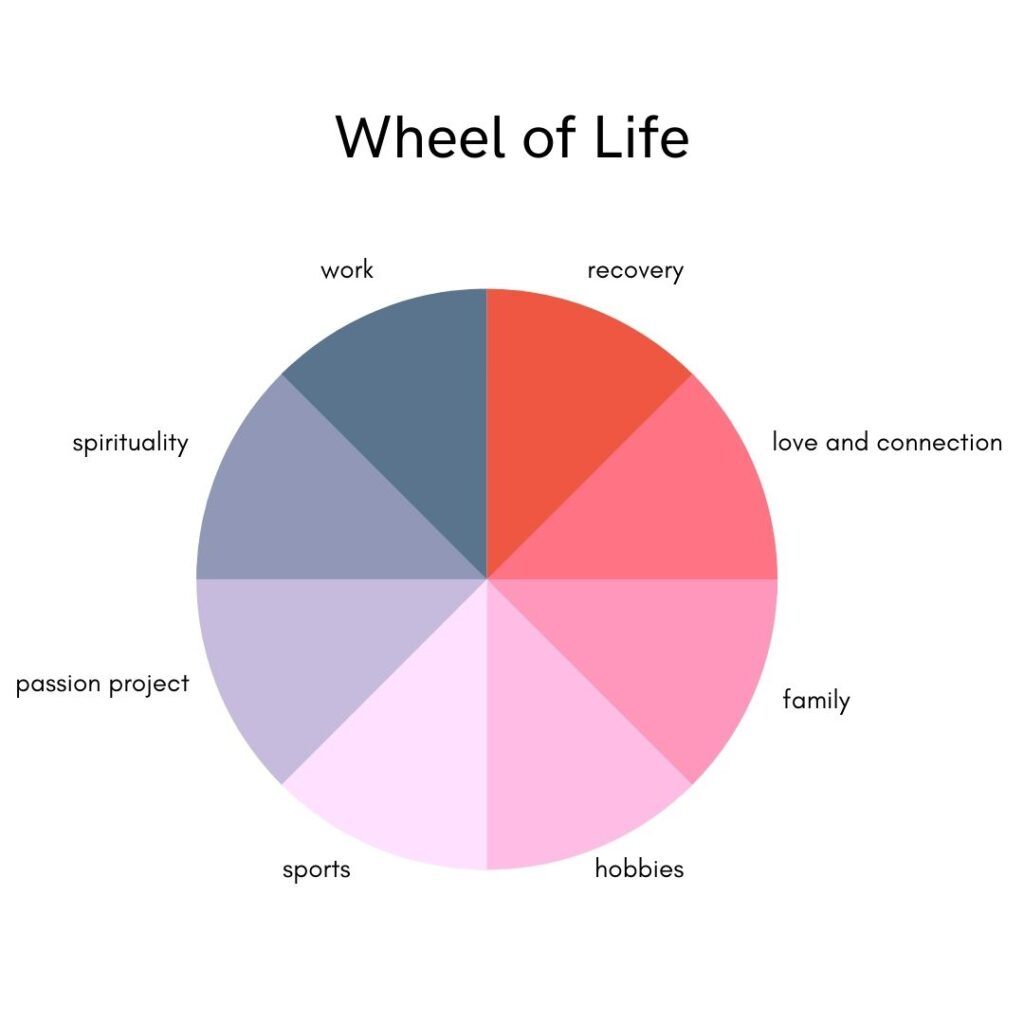
Are you struggling to balance your work and your life? It’s not only a challenge for focused executives. This is particularly challenging for people who are self-employed because there’s a less defined boundary between life and work.
COVID has challenged many areas of our lives. Not just our health, but also our sense of security, our finances, and our personal relationships.
One of the upsides of many businesses actively encouraging their workforce to work from home is that if you can make it work, it has forced you to examine your balance between life and work.
What is work life balance?

For many, doing away with a commute means you get to enjoy dinner with your family. It’s now okay to have children and pets peering into your virtual meeting from behind your chair. But if you haven’t put boundaries in place, work life balance has gone completely out the window.
What do we mean when we talk about work life balance?
It is having enough time to deliver at work, to recharge and reenergize. To connect, and to attend to personal tasks, hobbies, and passion projects. The challenge comes when any one of those areas demands more of your attention than you have to give.
the wheel of life

Life coaches like to represent this as a pie chart, they call it the wheel of life. It’s essentially a circle with segments in it. Each segment represents an area that matters most to you. For example, you could have as your segments: recovery, love and connection, family, hobbies, sport, your passion project, spirituality, and work.
If enough time is given to each segment, the wheel goes round and round and everything’s good. Reduce the tension in one area or remove it and the wheel’s wonky. It throws you off balance and that can cause damage, and ultimately, it won’t get you to where you want to go.
The OECD Better life index

The OECD Better Life Index measures a range of things which together provide an indication by country of our quality of life. Two of those measures relate to work life balance, the how many hours you spend at work, and how many hours you must attend to personal matters.
According to OECD, 11% of full-time employees work more than 50 hours a week. A full-time worker spends on average 15 hours a day on personal matters. That might seem a lot, but personal matters include sleeping and eating, as well as leisure activities. If you’re dedicating your eight to nine hours a day for sleep, that doesn’t leave a lot of time for everything else.
work and life boundaries

How do we address this issue? First, work isn’t any more important than any other area of your life. It’s equally important and it’s a useful tool for living your values and learning more about your world and who you are. It’s an opportunity for personal growth.
Get extremely clear about what you’re delivering at work and how you’re doing that then focus on doing just that. When new opportunities come up at work, don’t automatically say yes. Measure them against your values. Think about why you choose to work where you work or if it’s applicable with the work you want to do in the future.
If after measuring it, it’s still something you want to, check in with what’s already on your plate. What can you let go of or delegate to somebody else to deliver this new thing? If there’s nothing you want to let go of, then choose not to pursue this new opportunity.
Get extremely clear on your boundaries, especially if you’re self-employed and practice saying no before you need it. Get clear on your outcomes and the moves that will get you to that finish line. Get extremely clear about what needs to happen for you to feel good in all areas of your life.
your life is your life

Here’s the fundamental rule with work life balance. Your life is your life. You don’t have a work life and a life life. If you have a problem at home, it will show up in your work. If you are stressed at work, you’ll take that home.
How you show up at home is how you show up at work and vice versa. Rather than adopting the commonly held reductionist view of work and life being two separate things, go up a level in your thinking and consider it holistically. Because your work is another opportunity to live your values to learn and to grow.
The question is, what matters most to you? How do you give those areas enough attention so that they flourish? How can you generate enough energy to feed those areas of attention?
If you don’t have enough energy to devote yourself to the things that need to get done then building your energy reservoir is your number one project because it will improve every other area of your life.
Think about it. Look at your life today. What would it be like if you had three times the energy or ten times the energy?
Building your energy starts with the small things like drinking at least three liters of water through the day, going for a walk each day or perhaps a bike ride with the kids on Sunday.
Increasing your energy reservoir doesn’t require a lot of time, but it does require commitment.
Give yourself the gift of finding balance in life. You’re so much more than your work.

